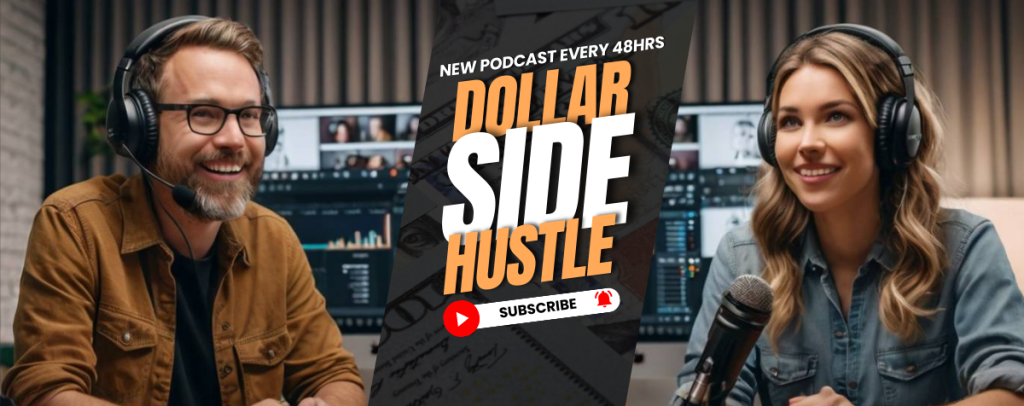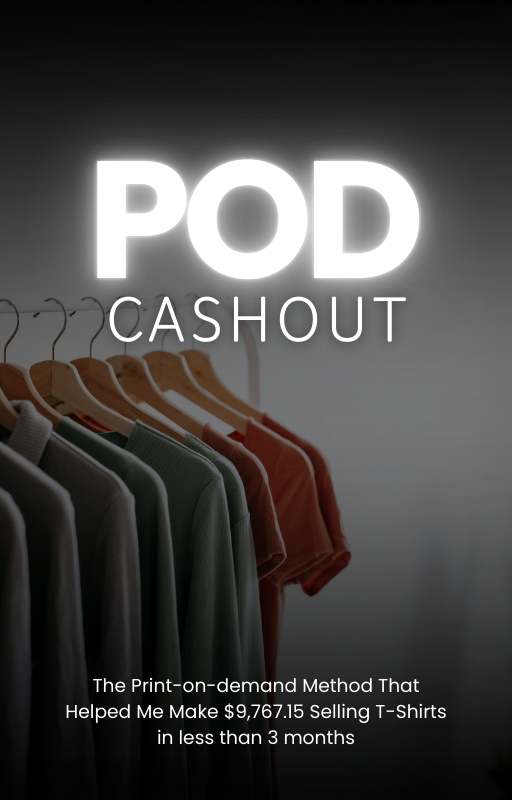Affiliate marketing might sound like one of those buzzwords people toss around in Facebook groups, but don’t brush it off too fast. This thing has real money behind it. I’m talking five, even six figures from a single sale in some cases. Sounds nuts, yeah? But once you get how it works, it stops sounding like internet magic and starts looking like a solid money-making system. Nothing shady—just smart promo work that connects people to stuff they already want.
At its core, it’s pretty chill. You’re not making your own products, dealing with shipping nightmares, or handling cranky customers. You’re just the connector. You sign up with a company, they give you a custom link, and when someone buys through that link—you get paid. That’s it. You’re like the wingman of the internet, hooking people up with good stuff and earning a cut when it works out.
Step one? Pick a niche. That’s just your thing. Whatever you’re into—fitness, travel, gaming, tiny homes for backyard chickens (hey, people are into wild stuff)—pick something you care about. The more specific you go, the easier it is to attract the right crowd. Like, if you’re vibing with luxury family vacations, don’t waste time writing about solo backpacking in hostels. Talk to your people.
Next, you need to find affiliate programs that actually fit your niche. You can hit up massive networks like ShareASale, CJ Affiliate, or Rakuten. They’re basically giant marketplaces full of affiliate offers. You can sort them by category, how much they pay, how long their cookies last (we’ll get to that), and more. If you want something more niche-specific, try platforms like OfferVault—they’re kind of like the inside scoop with reviews and updates on what’s hot or what’s not.
And those commissions? Oh man. Some of them are wild. Think legal referrals or gold investing. For example, Augusta Precious Metals has been known to drop five or even six-figure commissions. No joke. It sounds crazy until you realize their customers are investing serious money—and you just helped make that happen.
But don’t chase the biggest check just because it’s shiny. If you can’t speak your audience’s language—like, if you’ve never dealt with high-net-worth investors, maybe don’t jump straight into pushing gold IRAs. People can tell when you’re just guessing. You’ve got to understand what makes your audience tick and match that energy.
Oh, and cookie duration? That’s how long your link still “counts” after someone clicks it. Like if a program has a 30-day cookie, and your friend clicks the link but buys 28 days later—you still get paid. Longer cookies = more chances for commissions, especially with stuff people don’t buy on impulse.
If you’re leaning toward travel affiliate stuff, just know that many of those programs want to see a legit platform—blog, YouTube, Instagram, something. Not just random posts in Facebook groups. Having a site helps, not just for getting approved, but to really talk about the stuff you’re sharing. Reviews, guides, personal stories—it all builds trust. And trust = clicks = sales.
There’s also some low-key gold in other niches. Like legal stuff—some personal injury referral programs pay over a thousand bucks just for a lead. Not a sale. Just someone who fills out a form and qualifies. Yeah, it might take a while for the payout to clear (lawyers aren’t known for moving fast), but if you’ve got patience, it’s worth a shot.
Then you’ve got SaaS—software-as-a-service. These are the programs where the cash keeps coming in month after month. If you’re referring someone to a subscription and they stick around, you keep earning. It’s the closest thing to passive income that’s actually doable. Some folks are pulling in thousands a month just from these. Want proof? This guy built 3 apps using AI and turned it into cash flow without being some coding wizard (check it out here).
Thinking of leveling up fast? A solid affiliate marketing course can really help. Sure, there’s a lot of scammy ones out there promising overnight riches, but not all of them are trash. Some are actually run by people who’ve done it, failed, learned, and figured it out. They’re not selling you magic, just a roadmap. Still, do your homework—look up reviews, stalk their socials, whatever it takes to make sure they’re the real deal.
But here’s the rookie mistake a lot of folks make: promoting stuff they don’t understand. If you wouldn’t use it, why would anyone else? People can sniff out fake hype a mile away. If your promo feels forced, they’ll scroll right past. Your content needs to actually help people, not just sell to them. Otherwise, you’re wasting your time and theirs.
Tracking is another piece people skip. If you don’t know what links are working, where your traffic’s coming from, or what’s converting—how do you expect to grow? Use tools like Google Analytics or even UTM codes to see what’s hitting and what’s flopping. That way, you can double down on what’s working and cut out the dead weight.
Also, don’t sleep on your affiliate manager. They’re not just there to approve your account—they can get you better deals, let you in on promos before they go public, and sometimes even bump your commissions if you’re crushing it. Build a good relationship, and they’ll look out for you.
If you’re still figuring this all out and thinking “man, this is a lot,” just take it slow. Start small. Maybe your niche is something random like flipping hail-damaged windows—yep, that’s a thing too, and it’s making folks serious bank (this story is wild). Or maybe you’re more into content stuff, like making affiliate money off YouTube videos (yep, that works too).
Doesn’t matter what you pick—just make sure it’s something you can stick with. And don’t get discouraged if it takes a minute to click. Affiliate marketing is a long game, not a quick hit.
If you’re still unsure what niche to go after or just need some inspo, take a peek at some creative side hustle ideas Gen Z is loving right now (they’re not all TikTok dances).
Oh, and if you want to nerd out on the definition and history of affiliate marketing, Wikipedia’s got a decent breakdown. It’s a good place to start if you want to sound smart at parties.
Anyway, you don’t need a huge following or a fancy setup. Just a little know-how, some hustle, and a vibe that feels authentic. Do that, and you’re on your way.







